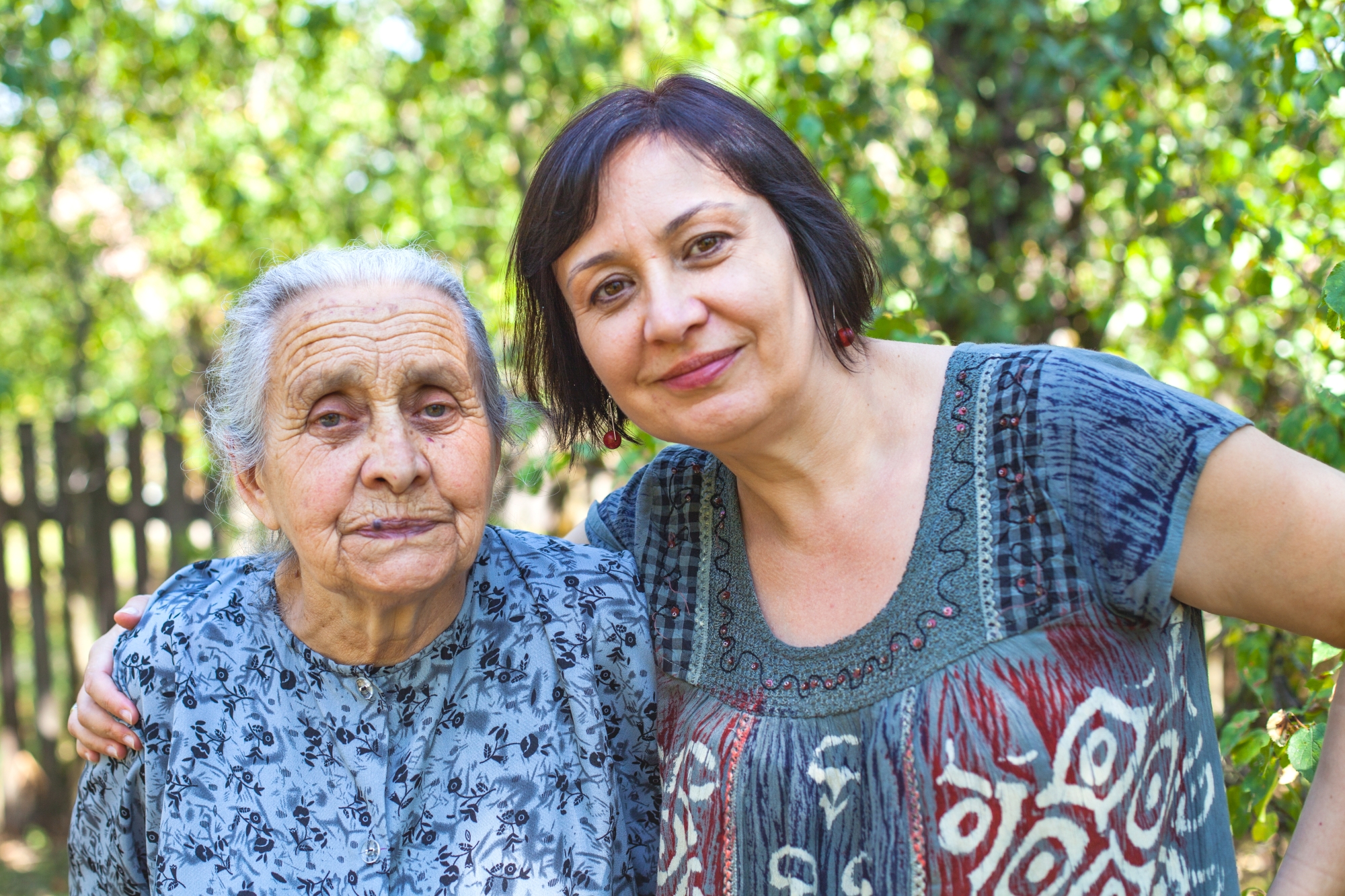As the life expectancy of individuals in the United States continues to increase, the need for caregivers is likely to rise as well. Family caregivers have close personal relationships with the other person and often provide unpaid care. In the United States, 61% of family caregivers are women, with an average age of about 50 years. Further, a typical caregiver in the United States is a midlife woman, who provides care to two or more adults. It is also common for midlife women to provide care to both an aging parent, and their minor children.
Understandably, a substantial caregiving role can compromise time for self-care and have a negative impact on the physical, emotional and financial health of the caregiver, leading to higher rates of depression, anxiety and burnout. Also based on the average age of the typical U.S. caregiver, women often function in the caregiver role at the crucial time of the menopause transition (average age of menopause is 52 years).
For some, this reproductive transition can be associated with bothersome symptoms, including sleep disruption, mood changes, and cognitive difficulties, all of which can significantly impact their quality of life. Therefore, it is important to understand how caregiving and the menopause experience interact with one another. We conducted a study at the Mayo Clinic to ascertain the impact of caregiving on menopause symptoms.
More Caregiving Can Equal Worse Menopause Symptoms
We surveyed women (ages 45 to 60) who were receiving primary care at one of four Mayo Clinic sites. The participants reported on their menopause experience, including severity of menopause symptoms, care received for them, satisfaction with care, and overall perception about the quality of life during this important reproductive stage. In addition, participants provided detailed information regarding their caregiving status, including the relationship with those receiving care and the number of hours spent in the caregiving role per week.
Out of a total of 4,295 women who responded to the survey (average age, 55), nearly 40% reported moderate to severe menopause symptoms. About 20% of the women reported being in a caregiver role, with the majority providing care for a parent (54%), a child (34%), or a spouse (14%).
The type of caregiving, whether for children
or older adults, doesn’t factor into the impact of caregiving.
The reasons for caregiving included aging or age-related conditions (47%), mental health and substance abuse issues (31%), orthopedic and musculoskeletal conditions (19%), neurologic/development conditions (17%), and cancer (11%). One-third of the women in caregiver role reported spending 15 or more hours per week as a caregiver.
Interestingly, the odds of experiencing more severe menopause symptoms increased sequentially with an increase in the number of hours spent in the caregiving role. Those who were in a caregiving role for 15 or more hours per week had a nearly two-fold higher risk of experiencing moderate to severe menopause symptoms. It was intriguing to note that the relationship between the number of caregiving hours and severity of menopause symptoms persisted even after adjustment for factors like daily stress levels and overall mental health.
Therefore, factors beyond the stress associated with caregiving were likely at play in mediating the relationship between caregiving and severity of menopause symptoms. Another interesting observation was the lack of association between the type of caregiving role (caring for parent versus child versus spouse versus other) and the severity of menopause symptoms.
These study findings raise an important societal issue. As an aging society, our needs for caregiving are likely to increase in the future, and midlife women are more likely to function as caregivers. Caregiving can compromise self-care and lead to mental and physical health issues. We now have reason to be concerned that another aspect of a midlife woman’s health, i.e., her menopause experience, can be impacted negatively due to caregiving.
Healthcare professionals providing care to midlife women must proactively seek information regarding their caregiving roles, to address any potential impact of their caregiving status on menopause symptoms and overall physical and mental health. This discussion also begs the question as to whether caregiving should be considered one of the components of social determinants of health, so that it draws the attention of healthcare professionals and the repercussions of caregiving can be addressed more systematically in healthcare settings.
Ekta Kapoor, M.B.B.S., is an Associate Professor of Medicine at the Mayo Clinic College of Medicine in Rochester, Minn.
Photo credit: Shutterstock/Ocskay Mark
Generations publications are produced by the American Society on Aging, the nation’s largest multisector membership association for professionals working in aging. Want to receive the latest Generations articles and other updates from ASA right to your inbox? Subscribe to our newsletter.













